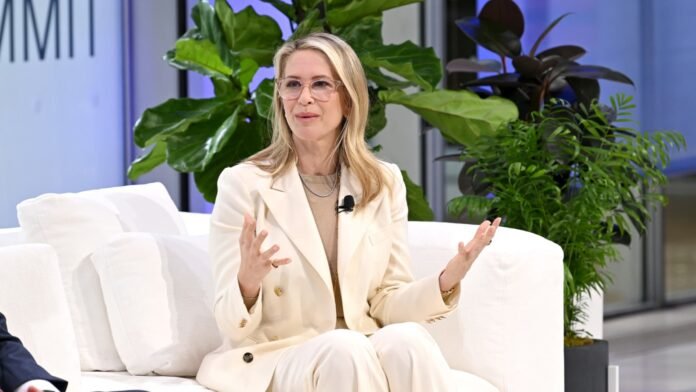It’s easy to want to be the perfect parent when you have kids, but making mistakes as a parent is pretty natural.
In fact, it’s part of the equation for raising successful kids, developmental psychologist Aliza Pressman told “The Mel Robbins Podcast” in an episode that published on July 28. When your kids see you making mistakes, they learn that messing up doesn’t mean there’s something inherently wrong with them — lessening the pressure they may feel to be completely mistake-free, said Pressman.
Giving your kids permission to mess up can help them become happier and more successful as adults. “If our kids didn’t see [our mistakes], they would not have much hope that they get to make mistakes and grow and still be loved and be worthy,” Pressman said.
Your parenting mistakes will be unavoidable, she said — from forgetting to pack your kid’s favorite snack one day to accidentally saying the wrong thing in front of them. “We are born as parents when our children are born,” said Pressman, adding: “Of course we’re messing up all of the time, because we’re babies. We’re baby parents … [It’s] a necessary part of this gig to keep making mistakes.”
Help us help you: Take our survey on work, money and life goals
What matters is how you respond to those mistakes, she said. She recommended apologizing directly to your children, a process that she called “repair.” Some other psychologists offer similar advice: Be “honest and direct” when apologizing to your child, child psychologist Tovah Klein told CNBC Make It in October 2024.
Kids can mistake a parent’s outburst as something more serious and long-lasting than you likely intended, she noted. Try simple phrases like “I’m sorry I yelled,” or, “I apologize, I shouldn’t have done that,” said Klein, the director of the Barnard College Center for Toddler Development.
Parenting experts often stress the importance of modeling the kind of behavior you want your kids to learn. “Want your kids to not be addicted to their screens? Don’t be on your phone all the time in front of them. Want them to be active? Let them see you exercise,” Theo Wolf, an educator at Spike Lab, wrote on March 27.
Your children learn from a variety of your behaviors, from traits and values — like mental resilience or self-awareness — to your day-to-day actions and the language you use when you think they’re not listening, added Wolf, a coach at New York-based Spike Lab, an entrepreneurship program for teenagers.
“Be mindful of the examples you set for them,” he wrote. “If you want them to grow up to be responsible, purposeful, hard-working, and above all, happy, embody those traits yourself.”
Want to stand out, grow your network, and get more job opportunities? Sign up for Smarter by CNBC Make It’s new online course, How to Build a Standout Personal Brand: Online, In Person, and At Work. Learn from three expert instructors how to showcase your skills, build a stellar reputation, and create a digital presence that AI can’t replicate. Sign up today with coupon code EARLYBIRD for an introductory discount of 30% off the regular course price of $67 (plus tax). Offer valid July 22, 2025, through September 2, 2025.
Plus, sign up for CNBC Make It’s newsletter to get tips and tricks for success at work, with money and in life, and request to join our exclusive community on LinkedIn to connect with experts and peers.





